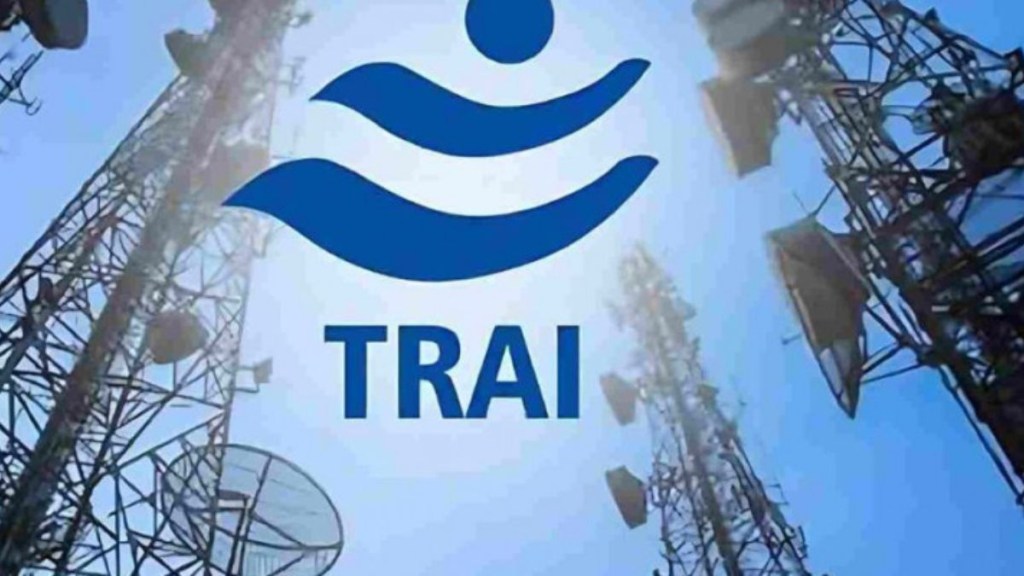Media veterans at the inaugural session of the two-day FICCI Frames Summit in Mumbai on Tuesday underlined the urgency of a “light-touch” approach to regulation, saying the burden of compliance was stifling innovation and growth. The comments come at a time when the domestic media and entertainment sector, which is valued at Rs 2.5 lakh crore, is slated to touch Rs 3 lakh crore by 2027, growing at 7% per annum. OTT users have surpassed the 600-million-mark, even as TV homes stand at about 190 million.
“Forbearance is something we have always advocated, and if we are to realize our ambitious growth vision, self-regulation and industry best practices must guide the way,” Kevin Vaz, CEO – Entertainment, JioStar and Chairman, Media & Entertainment Committee, FICCI, said.
Gaurav Banerjee, MD & CEO, Sony Pictures Networks India, spoke of the need to be “open-minded” about regulation, foster greater collaboration between government and industry and build centres of excellence to nurture talent.
But it was Aroon Purie, chairman and editor-in-chief of the India Today Group, who minced no words during his keynote address, saying the government was “choking” the broadcasting sector with regulation. The Telecom Regulatory Authority of India (TRAI) oversees both the domestic broadcasting and telecom sectors.
What did Aroon Purie say?
“TRAI regulation are strangling the broadcasting industry. The government has made a mess of the broadcasting industry due to lack of foresight and regressive policies. I believe the role of the government should be to ensure a fair, level-playing field; not to regulate, but to facilitate,” he said.
Purie flagged a few issues including levying of carriage fees by cable operators, the practice of regulating channel prices, particularly, under the NTO (new tariff order) regime, with the broadcaster getting little of what the consumer pays.
In response, TRAI chairman Anil Kumar Lahoti defended the regulator’s reforms, saying that the interest of all stakeholders had to be considered in a dynamic media market such as India.
“Broadcasting is a system where we have thousands of players with conflicting interests. We have to understand the requirements of everybody, why the overall growth of the industry sustains and ensure smaller players in the industry survive,” he said.
Purie’s comments were not restricted to TRAI alone. He pointed to the entry of “billionaire-run news channels”, which has reduced the space for dissent.
“Journalistic independence is under constant threat because the industry’s survival depends almost entirely on advertising from corporations and governments,” he said.
What did Sanjay Jaju say?
In his keynote address, Information & Broadcasting Secretary Sanjay Jaju said that India’s OTT platforms must grow without diluting constitutional freedom. He also flagged three immediate priorities for the streaming economy: curbing misinformation, stamping out piracy, and ensuring fair distribution of revenues so content creators “get their due.”
“The fundamental right of expression under Article 19(1) lies at the heart of our Constitution, and all of us know how powerful this is. It should not get eroded because some people try to monetise content by generating clickbait and fake material,” he said.
Jaju’s comments also come at a time when the government has been considering greater scrutiny of content on digital platforms. Framing the government’s stance as growth with responsibility, Jaju spoke of the need for a “sanskaari OTT” that took into account Indian sensibilities.
Netflix partners with IICT & FICCI to develop creative tech talent in India
Netflix India has partnered with the Indian Institute of Creative Technology (IICT) and the Federation of Indian Chambers of Commerce and Industry (Ficci) to support students in India for AVGC-XR (animation, visual effects, gaming, comics, and extended reality). A memorandum of understanding (MoU) was signed at the FICCI FRAMES 2025 event on Tuesday. As per the pact, the streaming platform will leverage the Netflix fund for creative equity to offer scholarships to select students identified in collaboration with IICT.

